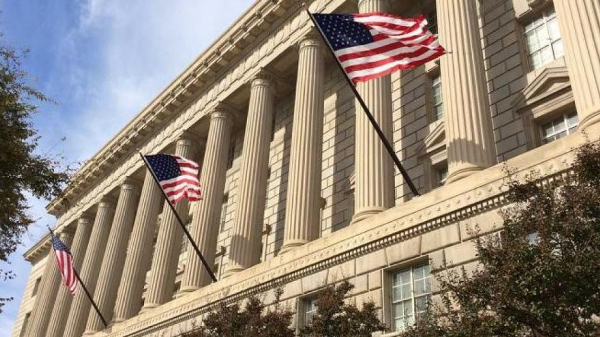Stepping up ongoing efforts to address corruption in Afghanistan remains critical, the UN said Wednesday in a new report.

UNAMA’s fifth annual anti-corruption report, titled Afghanistan’s Fight against Corruption: Stepping up integrity, transparency and accountability, finds that Afghanistan has taken positive steps towards establishing solid anti-corruption legal and institutional frameworks but that numerous shortcomings remain, including the need to further increase transparency, integrity, and accountability.
According to the report, and to government’s credit, during the period covered by the report, from January 2020 to May 2021, government continued supporting anti-corruption reforms.
The worsening impact of the COVID-19 pandemic, ongoing peace talks and increased violence after the announcement of international troops’ withdrawal, have however slowed down the pace of reforms, the report stated.
The report acknowledges positive developments such as the establishment in November last year of the Anti-Corruption Commission in line with the UN Convention Against Corruption.
The report further acknowledges an increase in the number of cases processed by the specialized anti-corruption tribunal (Anti-Corruption Justice Center) and the important role of the Supreme Court in increasing accountability, which should reduce corruption-related crimes.
It recommends enhancing the capacity of law enforcement to detect corruption crimes and arrest alleged perpetrators regardless of their status.
Effectively fighting corruption goes hand in hand with increasing State legitimacy, prosperity and stability, said Deborah Lyons, the UN Secretary-General’s Special Representative for Afghanistan.
While progress is being made in strengthening legal and institutional frameworks in particular, ongoing efforts to enhance monitoring and oversight mechanisms; streamline public funding and revenue management; and increasing transparency, integrity and impunity, need to be stepped up.
The report argues that it is time to take stock of the impact of anti-corruption reforms and increase genuine and sustained efforts to effectively address remaining gaps, including by reinforcing the effectiveness of monitoring and oversight mechanisms.
Considering the critical role of civil society and media in fostering transparency and exposing corruption, the report recommends that anti-corruption stakeholders continue engaging and supporting civil society and media. It also encourages government to protect media given the alarming increase of attacks targeting journalists.
LINK: https://www.ansarpress.com/english/23408
TAGS:






























 South Korea may punish Tesla
South Korea may punish Tesla 




